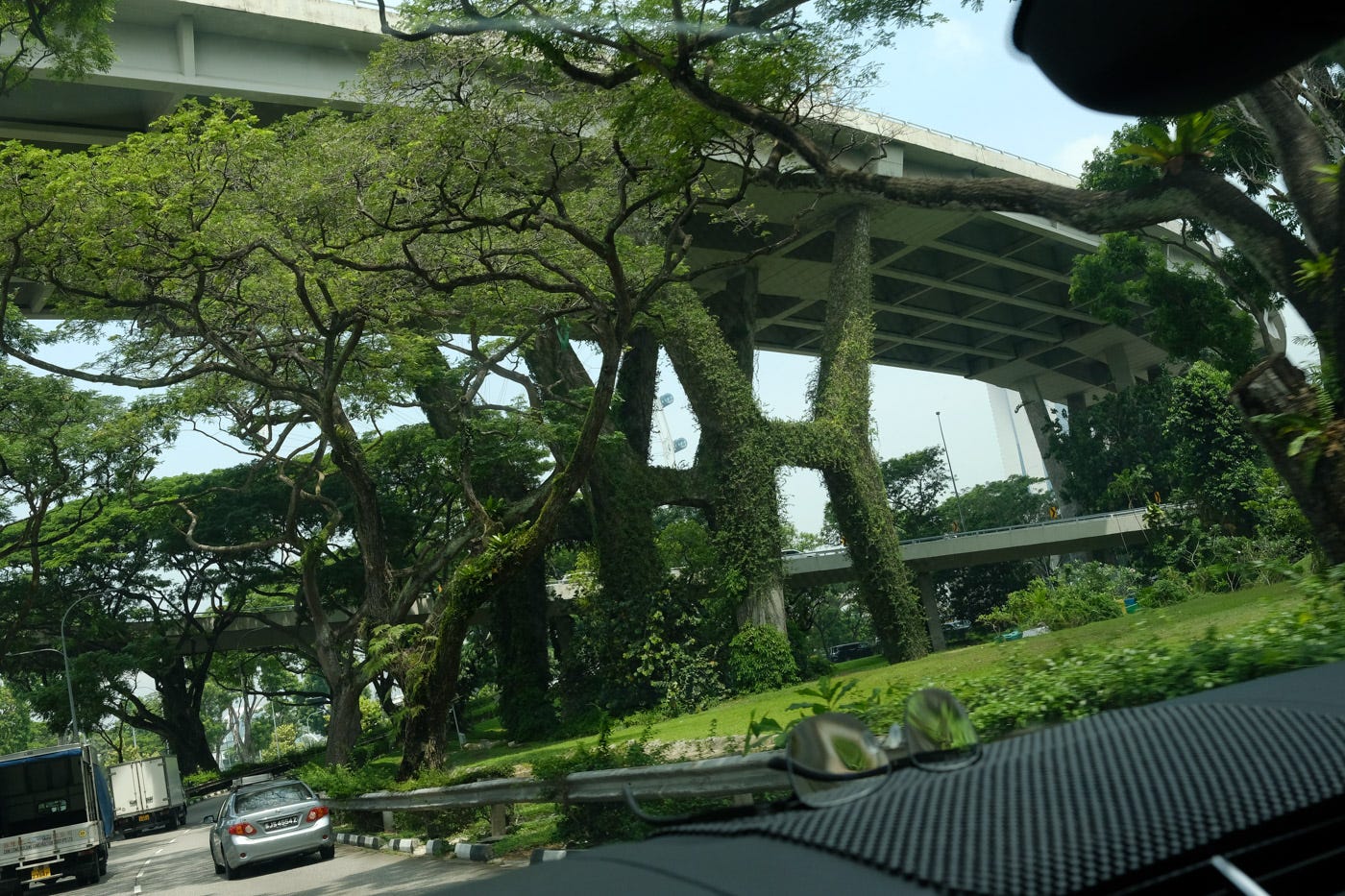Play for a brief reading from Colm Toíbín’s Brooklyn, about an Irish woman who has to decide between two places, two men, two lives:
As the train moved south, following the line of the Slaney, she imagined Jim Farrell’s mother coming upstairs with the morning post. Jim would find her note among bills and business letters. She imagined him opening it and wondering what he should do. And at some stage that morning, she thought, he would come to the house in Friary Street and her mother would answer the door and she would stand watching Jim Farrell with her shoulders back bravely and her jaw set hard and a look in her eyes that suggested both an inexpressible sorrow and whatever pride she could muster.
“She has gone back to Brooklyn,” her mother would say. And, as the train rolled past Macmine Bridge on its way towards Wexford, Eilis imagined the years ahead, when these words would come to mean less and less to the man who heard them and would come to mean more and more to herself.
Making sense of the world & our place in it
New Zealand wants to eliminate almost all imported predators, which are threatening its native biodiversity. Is this feasible? Story by Pete McKenzie and Jim Huylebroek.
Many of its most iconic native creatures are flightless. As a result, they are defenseless against predators like stoats—weasel-like creatures with jagged teeth and remarkable agility—which were introduced to New Zealand in the 19th century to control rabbits. Approximately 4,000 of the country’s native species are classified as “at risk” or “threatened”—the highest proportion of threatened native species in the world. […] Their goal may seem unrealistically ambitious, but it has become normal in New Zealand, where the government committed in 2016 to eliminating most nonnative predators by 2050.
The Vietnamese Secret Agent Who Spied for Three Different Countries—France, Britain, and Japan—by Richard Collett. This will be of particular interest to Malaysians. (Also, a long time ago, I wanted to write this story! Well, another one to cross off the list, haha.)
Relatively obscure in the modern Western world, Lai Tek’s espionage had geopolitical implications across Southeast Asia. Dubbed the “traitor of all traitors” by scholar Leon Comber, he brutally betrayed the most important figures in the Malayan Communist Party, rising through the ranks of the organization he’d been tasked with taking down by both the British and the Japanese. Delaying the MCP’s efforts to launch a revolution, Lai Tek ensured that a communist government never gained power in Malaya, contained communist influence in the region (Vietnam aside), and paved the way for the eventual smooth transfer of power from British colonial authorities to local leaders.
A Teacher in China Learns the Limits of Free Expression, by Peter Kessler:
Some of my most powerful memories from the classroom in Fuling involve incidents in which I made a statement that touched, even obliquely, on a sensitive aspect of Chinese history or politics. At such moments, the room would fall silent, and students would stare at their desks. It was a visceral response, and it became the same for me—looking out over the bowed heads, my heart raced and my face grew hot. Initially, I considered these to be the instances when I felt most like a foreigner. But I came to realize it was the opposite: my body was experiencing something that must be common to young Chinese. The Party had created a climate so intense that the political became physical.
Nomadland, My Mother, and the Frontier’s Broken Promise, by Mitchell Johnson:
If Nomadland has a pioneer subject, it’s missing an object—there’s no land to settle, no future to work toward. It has the emotional texture of a frontier story, divorced from that story’s original source of meaning: property. Instead, Fern has brief experiences communing with nature, brushes with the romantic sublime. For much of the movie, her character is emotionally withdrawn, but she comes alive in the natural world, gazing up at a redwood in childlike wonder or running along an oceanside cliff, overwhelmed with emotion. But these moments occur in periodic bursts, interrupting the drudgery of hard, physical work. Earlier pioneers might have made claim to the land, but the most Fern can do is visit it, briefly, before heading to her next gig.
Wild animals are adapting to city life in surprisingly savvy ways, by Christine Dell’amore and Corey Arnold:
The advent of the city bear in Asheville and elsewhere stems from a combination of trends, including changes in land use and the tempting buffets available when living near people. These factors have boosted North America’s black bear population to nearly 800,000. At the same time, sprawling cities and suburbs have swallowed up large swaths of bear habitat, leaving the animals little choice but to adapt to living with human neighbors.
Something to shift your mind
Ocean Vuong, in a review of Qiu Miaojin’s Last Words from Montmartre:
She’s a Taiwanese immigrant to Paris—and we often don’t think of the immigrant having, or the immigrant story having a sex life, a love life, a life of depression and deep existential angst. And Miaojin really positions immigrant narrative in an existential wonder. And I think this is one of the most powerful testaments of rewriting or repositioning what immigration is on a global scale. And it positions the immigrant in the trajectory of the artist, because I think immigration demands a great amount of innovation and creativity. Nobody really survives the process of immigrating to a new country—to America, no less, which is so rich and complex—without being creative. So I love this book because it kind of pushes creativity and innovation at the center, that immigrants are not just victims who are trying to get by, they are active agents in their own life.
How we see the world & tell its stories
Nature Writing is Survival Writing: On Rethinking a Genre, by Michelle Nijhuis:
Nature writing still tends to treat its subject as “an infinite variety of animated scenes,” and while the genre’s membership and approaches have diversified somewhat in recent years, its prizewinners resemble its founders: mostly white, mostly male, and mostly from wealthy countries. The poet and essayist Kathleen Jamie calls them Lone Enraptured Males. Meanwhile, writers in every genre and discipline are wrestling with the relationship between humans and the rest of life, recognizing that while writing about other species is often about wonder and uplift, it is also, inevitably, about survival—the survival of all species, including our own.
Digital journalism didn’t have to be this way, in conversation with Marcus Gilroy-Ware, who researches the politics of the attention economy:
At a certain point we started to use a word that troubled me, which was content. This is content, or creating content. This is emphasizing the wrong part of what we’re doing. Journalism isn’t just content—it may be content for somebody, but that’s somebody who only cares about very specific aspects of its presence and its exchange value. Neoliberalism has reduced journalism to being content to the extent to which it now has to compete with all the other forms of content that are out there on the internet.
Jami Attenberg, When the Place is New to You:
Walk everywhere and also, walk at different times of day, too, to see how things move differently, how things are lit up differently. For example, I have distinct feelings about places in my neighborhood early in the morning versus at sunset; I notice different things. Even just that a car might not be parked in front of a building gives me a new perspective on—the way a street looks.
And I leave you with…
A sound postcard of post-pandemic merriment in KL:
E.











